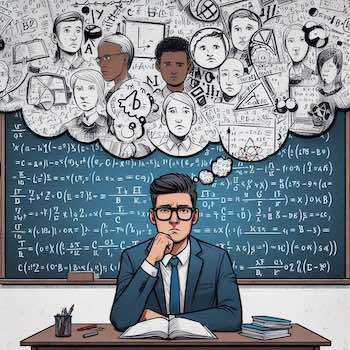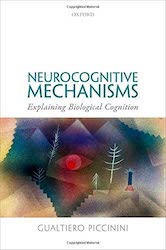Stratium, a theory of mind and personality
This article is a presentation of Stratium for the professional readership, which complements the previous article for the general public. Intended for publication in specialized journals, it addresses more technical points in the first part, and in the second part provides a detailed test of current competing theses on consciousness. Abstract: Stratium is a body-mind … Read more








